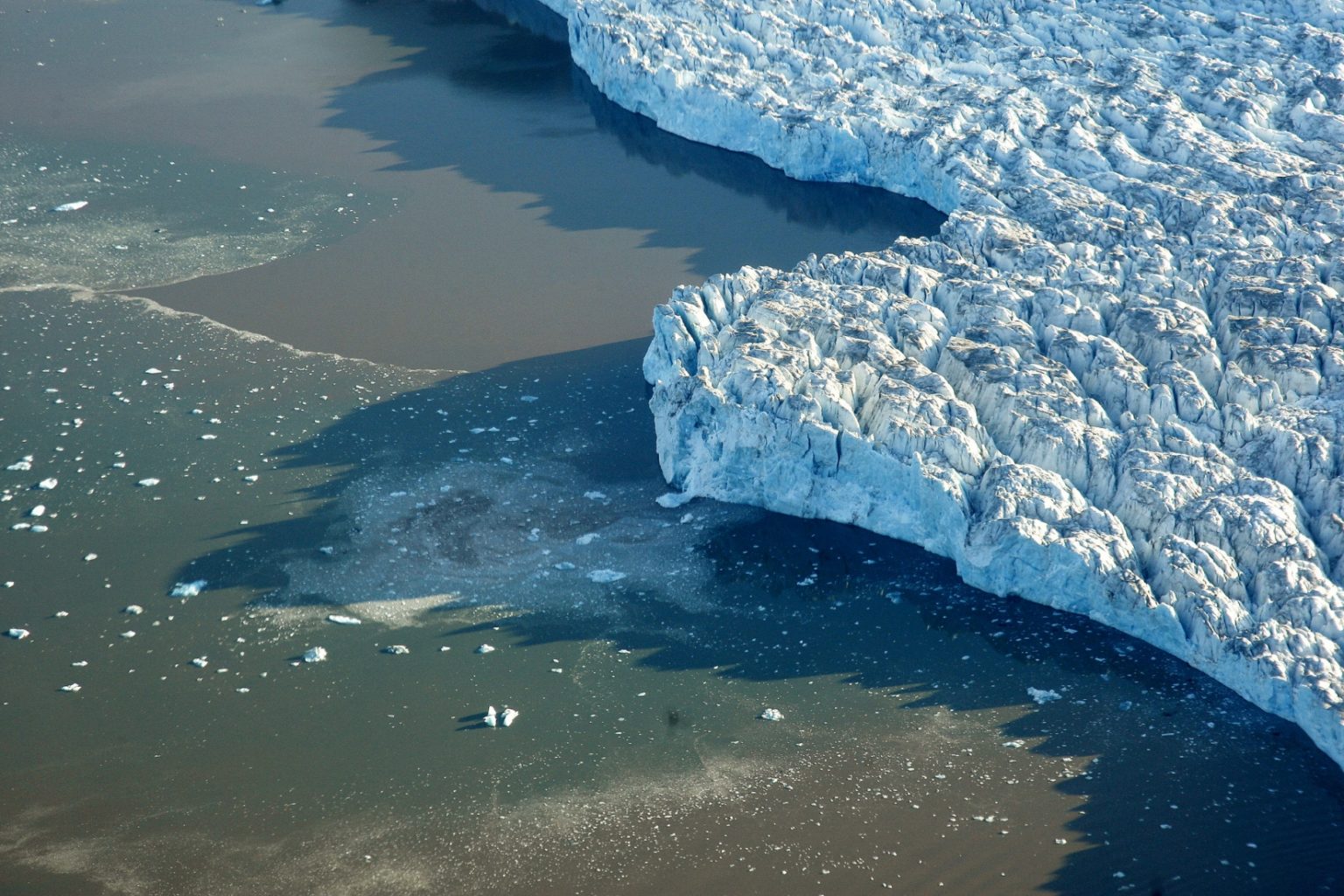No, it wasn’t all a dream, 2016 really did happen. And for those who view tackling climate change as a priority in order to minimize its impact on people and the environment, it was a particularly overwhelming year. You’d be forgiven for simply wanting to go into hibernation mode and wait for it all to be over.
For many, the scale and pace of change is unprecedented, and it’s coming at us from all angles: political, social, and environmental.
Britain has voted to leave the EU, and similar sentiments are stirring in other European countries; Donald Trump has been elected America’s next president, and with him he brings a frightening crew of climate deniers and controversial corporate operators; the gulf between people of differing opinions, race, and nationality is becoming ever more polarised at a time when finding common ground has never been more important; from Leonard Cohen to David Bowie it feels like an endless string of music legends and pop culture icons have left us; and to top it off year-on-year we’re seeing record breaking temperatures across the globe thanks to manmade climate change, and with it more extreme floods, droughts, and storms which are already threatening the world’s most vulnerable communities.
It’s a lot to process. Especially following the optimism of 2015 which saw all nations come together to create the Paris climate deal, and one of the world’s worst climate laggards, Canada’s Stephen Harper, voted out and replaced with the Liberal Party’s Justin Trudeau. His “because its 2015” comment – a simple statement that captured the idea that progressive policy decisions such as a gender-balanced cabinet should no longer be controversial or ground-breaking – seems a distant memory now.
The impact of the decisions made in 2016 will continuing to unfold and take shape throughout 2017, and no one is quite sure exactly where we’ll land. Not only are we navigating uncertain waters but trust in those institutions vital to a working democracy, including the press, continues to drop.
Meanwhile, the most popular climate story shared on Facebook in the past six months was entirely false and environmental issues rarely make the headlines or leadership debates despite their pervasive impact on our daily lives. Indeed, it is in this very sphere of climate reporting, politics, and action that the public’s interest is so frequently overlooked in favour of corporate profit or personal interest. This makes the role of journalists increasingly important.
If 2016 has taught us anything it is that the media must ensure the public’s best interest is served and that the diversity of citizens’ voices are heard. The press must continue to relentlessly push forward in the pursuit of truthful, accurate, and nuanced reporting and in producing analytical, probing stories which force us to think critically about the world around us. Doing so will not only hold those in power to account but will hopefully also help restore trust.
To this end, here are five New Years’ resolutions DeSmog UK promises to continue doing throughout our climate and energy reporting, and we hope others will join us.
1. We will bring you truthful, accurate reporting and counter the false news and misinformation that clouds climate science and action.
2. We will look beyond the distractions. That means reporting on what’s happening behind the scenes, just under the surface where critical decisions are made, and not letting ourselves get bogged down by every twitchy tweet sent or manufactured media moment.
3. We will look beyond our own bubble. It’s not just about what’s happening in London, Brussels, or Washington but it’s also about the everyday experience of those on the frontline who currently, or will shortly, face very real impacts, be it from climate change or controversial policy decisions.
4. We will remember it’s not all about Trump and Brexit. Yes, these two things will play a significant part in shaping climate and energy policy as time goes forward, and we will continue to cover it, but there are equally important and fascinating stories happening all over the place and we will aim to bring those to attention.
5. We will continue to hold those in power to account.
Photo: United Nations Photo via Flickr | CC 2.0
Subscribe to our newsletter
Stay up to date with DeSmog news and alerts







